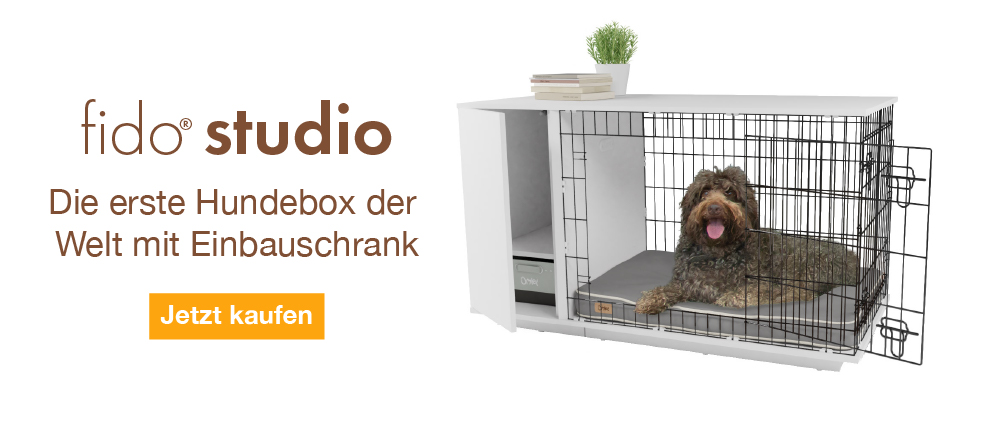Schwedischer Lapphund
Geschichte
The Swedish Lapphund dates back thousands of years and was bred by the Sami people of Lapland to protect their reindeer. It was later used to herd reindeer and soon became a pet, living and sleeping with the Sami people. It is classed as a Spitz type breed along with the Alaskan Malamute and Siberian Husky. Their intelligence makes them a good all round dog. They are quite rare, outside of Scandinavia.
Verhalten
The Swedish Lapphund or Lappie is an affectionate and lively companion. They make excellent pets and are good with children, other pets and dogs if raised with them. They are alert and will warn you if someone is at the door. Barking can be a problem as they were bred to bark to make reindeer pay attention to them; with training, they can be quiet! They are wary of strangers and will need correct socialisation from a young age to get them used to people visiting the home. They are playful with children and rarely aggressive to those around them. They are content within the home and will happily cuddle up to you on the sofa for a nap.
Lappies are clever and like to work, so training should be started early with puppy classes to get them used to you being in charge. They have an independent streak, like most Spitzes, and will require firm and consistent training to get the best out of them. Many Lappies take part in herding trials, agility competitions and do incredibly well at obedience. They can be stubborn, but giving them something to do will keep their minds happy and alert and prevent unwanted behaviour. They like to please you, so this makes training easier.
Bred to work and run, the Lappie will need plenty of exercise. They dislike being left alone for too long and like to be around people. At least an hours walk a day will keep them physically fit, plus games at home to keep them mentally stimulated. They can walk and run for hours and make good jogging partners. Recall is very good and they are responsive to their owners commands. Usually. They are lovely and playful with other dogs and rarely show aggression if properly socialised.
With their dense fur and origin in colder climates, they don't do too well in warm weather. They will seek out the coolest place to sleep and should never be walked during the heat of the day (the same applies to all dogs). The coat will need regular grooming to remove dead hair and they will moult a lot of fur. Regular grooming gets rid of a lot of dead hair, but you will still find it all over your home.
They are a hardy breed and have developed a sturdy reputation over the years, however Progressive Retinal Atrophy is more common and should be screened for.
Einzelheiten zur Rasse
- Status: Common
- Lebenserwartung: 12 - 13 years
- Gewicht: 16 - 23kg
- Höhe: 16 - 20"
- Selten: Nein
Fotos der Rasse





